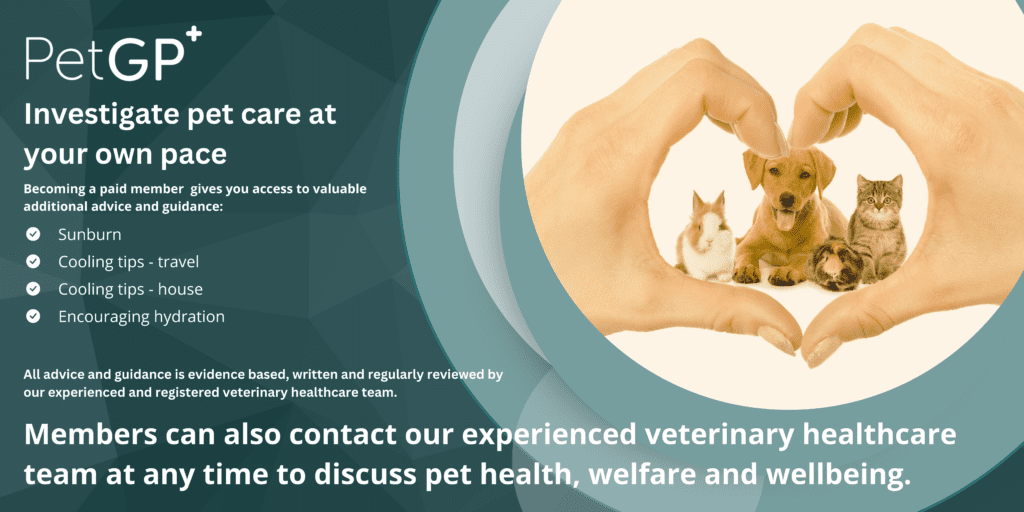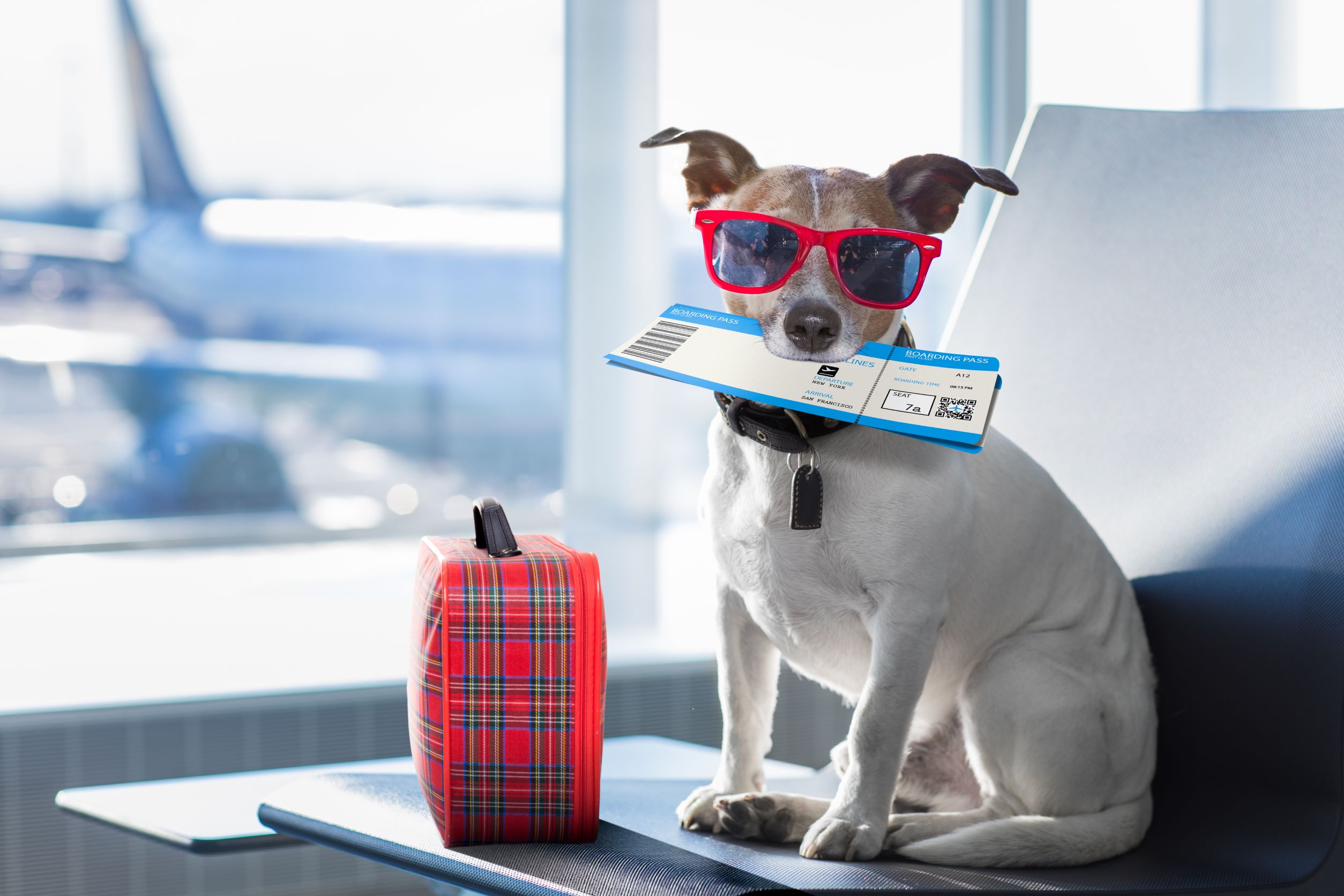Taking Care of your Pet in the Heat
Dogs and cats are at risk of heat stroke in the summer months. Cats do like to sunbathe but tend to know when they have had enough heat and will move to a more shaded spot. Dogs are sometimes not quite so smart and may need to be moved from the sun to prevent overheating. Remember dogs do not sweat like humans, their primary cooling method is panting. When the temperature outside gets close to matching the dog’s body temperature, panting becomes ineffective, and the dog is at risk of heat stroke.
Although all animals can overheat, pets that are obese or are brachycephalic (flat nosed breeds such as Pugs or Persian cats) are more susceptible to heat stroke as it becomes increasingly difficult for them to use their airway to pant effectively.
Signs that your pet may be suffering from heat stroke include:
- Faster, heavier breathing or panting
- Thirstier than normal
- Drooling
- Whining or showing signs of agitation
- Faster heartbeat
- Gums turn a darker colour than normal
- Staggering
- Weakness, lethargy or collapse
- Seizures
- Unconsciousness
If you suspect your pet is suffering from a heat related condition, take them to a cool place and give them a drink of water while seeking immediate veterinary advice.
Prevention
To prevent your pet from overheating:
- Ensure they always have adequate water to drink
- Make sure there is enough ventilation. Sometimes an open window is not enough particularly if your pet is less mobile – consider using an electric fan and take their water bowl to them regularly.
- Avoid exercising your dog in the heat of the day – mornings and evenings are usually cooler and remember the 5 second rule: if it hurts your hand to touch the pavement for 5 seconds then it will hurt your dogs’ paws to walk on it!
- NEVER let your pet rest for too long in direct sunlight – this includes inside conservatories, in front of windows, out in the garden and
- NEVER leave your pet unattended inside a car. Not even for a few minutes!
- Finally, parasites love the warmer weather so make sure your pets flea and tick treatments are up to date too .
If you would like any more information on this or any other pet health related queries, please contact out team of Registered Veterinary Nurses on the





